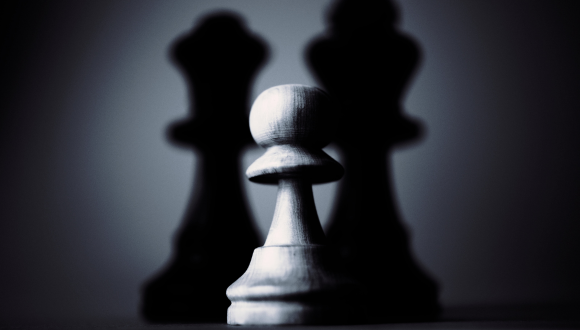Chess History Top Moments: Part 1
The history of chess is rich in landmark moments and events that have had an impact not only on the populariry of chess but on culture in general.



The timeline of chess is rich in major events, each of which warrants a separate article to be covered in full detail. Today, we're going to take a quick look at 8 significant events in the history of chess.
The First International Chess Tournament
This tournament was organized by the St. George's Chess Club in London in 1851 during the Great Exhibition of the Works of Industry of All Nations, held in Hyde Park. Invitations were received by renowned European chess players of that time, among whom were Lionel Kizeritsky, Joseph Sen, Alexander Petrov, Karl Mayer and others.
In the final match, the German chess player Adolf Andersen faced the British chess player Marmaduke Wyville, in which Andersen won with a score of 4:2.2.

Opera Game
Morphy's famous chess game, known as the "Opera Gras", was played in 1858 between the American chess player Paul Morphy and Karl Wilhelm Ferdinand and Count Isoire in Paris. The rapid development and precise positional play of this game are often championed by followers of chess to demonstrate how creative and aggressive strategies can help you prevail.

First Official World Chess Champion
On January 11, 1886, the first official match for the title of World Chess Champion took place in New York between Wilhelm Steinitz and Johannes Zukertort. In the first match in New York, Steinitz wins the first game, but then unexpectedly loses four games in a row. On February 3, the match takes place in St. Louis, and Steinitz manages to win three games, tying the score.
A 2-week break begins and the decisive match takes place on February 26 in New Orleans, in which Steinitz defeats Zuckertort three times after 3 draws and becomes the first official world chess champion.

In total, he won 10 games, drew 5, and lost 5, while Johann Zuckertort won only 5 games. Steinitz's success established a formal structure for recognizing chess champions and increased the popularity of title matches.
Garry Kasparov vs. Deep Blue
Deep Blue vs Garry Kasparov — a series of six chess matches between the current world chess champion, Garry Kasparov, and an IBM supercomputer called Deep Blue. In the first match played by Philadelphia in 1996, Kasparov won 4:2. Deep Blue won a rematch of 1997 Rock in New York by a score of 3½–2½. Another match became the first defeat of the world's reigning champion from computer checks in a tournament setting, about which the documentary film “Game Over” was made.
This idea has brought respect to individual intelligence, showing that computers can match grandmasters and, without exception, outmaneuver them.
Chess Match of Bobby Fischer and Boris Spassky
The “Match of the Century” was played in Reykjavik from July 11 to September 3, 1972, pitting the reigning champion Boris Spassky against Robert Fischer. This game took place in the midst of the Cold War, which attracted a lot of attention.
Fischer's victory was not just an individual achievement, it symbolized the cultural success of the United States in the tense geopolitical situation of the time.
Formation of the World Chess Federation
The creation of the International Chess Federation (FIDE) in 1924 united various national federations and standardized chess rules. By organizing international competitions and ratifying the rules, FIDE helped establish chess as a global sport.





